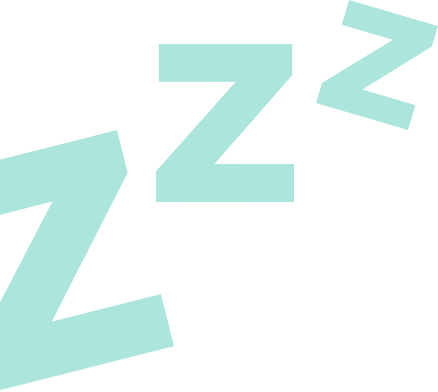A guide to baby's sleep regressions
Sleep Regressions? What are they? Do they exist and do they really sabotage sleep as much as we think?
We asked Francesca Beauchamp from Beauchamp Baby Consultancy®️ to share her thoughts on this subject.

During the first four months of your baby's life (often referred to as the fourth trimester) it’s all about feed, wind, sleep, repeat.
At four months, the sleep cycle evolves. This is a permanent change, the infamous, 4 month sleep regression has begun! It’s arguably the only viable ‘sleep regression’.
This biological norm means your baby now has to enter light sleep in order to get into a deeper stage of sleep. You might start to notice that baby is a little more tricky to get down to sleep and doesn't transition cycles as easily as previously. This gets better with time and some gentle routine implementation.
Other ages where sleep commonly takes a bit of a hit are at 8, 12 and 18 months. These are also referred to as ‘regressions’ but remember sleep only ever progresses and evolves, the setbacks in sleep at these ages are far more to do with normal baby and toddler development.
At eight months, babies take a huge step in development, not just physically in terms of crawling and moving far more freely, but also cognitively.
Your little one's memory starts to increase, they remember familiar faces and they become great at things like shape sorting and using their fine motor skills. Sometimes you can find your little one up during the night practising their crawling, clapping and chatting! This is a short lived phase.

Around 12-13 months of age, babies often need to start reducing their total daytime sleep. Regressions at this age can be to do with needing to drop to a one nap per day routine as they can’t accommodate two daytime sleeps and keep night time sleep in place too. So you’ll often find early rising or a new night waking as your cue to drop the morning nap.
At 18-months of age, toddlers take a massive step forwards in development, particularly on the speech side of things. Their expressive language starts to come to the fore and they can often recite the tune and some words to their favourite nursery rhymes! They will often need more time after their daytime nap (possibly even shortening the nap) to allow for a peaceful bedtime and a good nights sleep.
About Francesca:
Francesca is a Sleep Consultant based in London. Member of the renowned IACSC, she is also a Maternity Nurse and baby feeding consultant.
Francesca has been helping families for 18-years, specialising in baby and toddler sleep. Founder of Beauchamp Baby Consultancy®️ Francesca has helped thousands of families worldwide regain a peaceful nights sleep. You can find Francesca on Instagram here.






